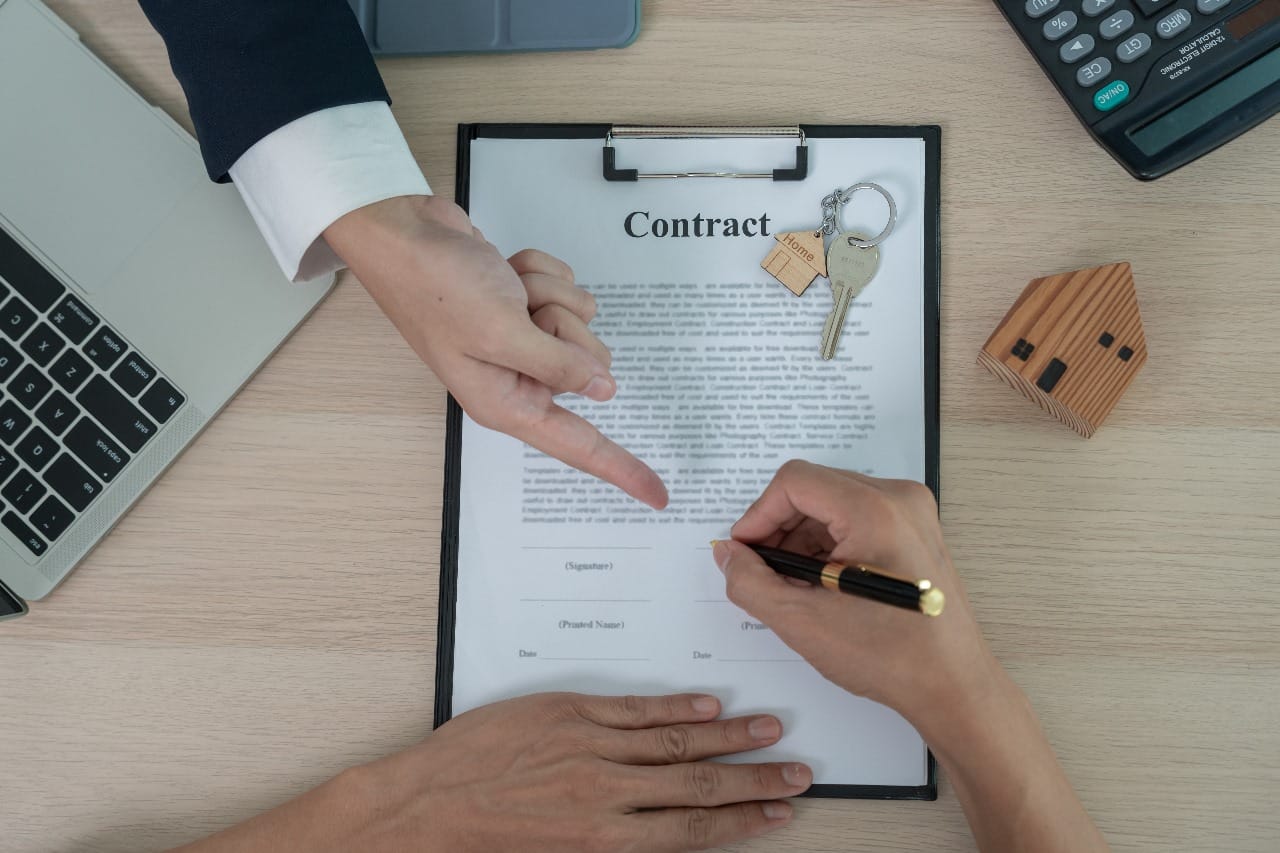The Ultimate Guide to Understanding Your Lease Agreement: Navigate the Complexities in Dubai

Navigating a lease agreement can be daunting, especially in a bustling real estate market like Dubai’s. With its dynamic property market and diverse rental landscape, it’s crucial to fully understand the terms of your lease to avoid potential pitfalls. Whether you’re a first-time renter or a seasoned tenant, this guide will help you decode the complexities of lease agreements and ensure a smooth rental experience in Dubai.
- The Basics of a Lease Agreement
A lease agreement is a legally binding contract between a landlord and tenant that outlines the terms and conditions of renting a property. In Dubai, lease agreements are governed by various regulations, including the Dubai Rental Law (Law No. 33 of 2008) and its amendments. Understanding these basics is essential to avoid any legal issues. - Key Components of a Lease Agreement
- Lease Term
The lease term specifies the duration of the rental agreement. Common terms in Dubai are typically 12 months, but shorter or longer terms can be negotiated. Ensure you understand the start and end dates and any conditions for renewal or termination. - Rent and Payment Terms
The lease agreement should clearly state the amount of rent, payment intervals (monthly, quarterly, or annually), and acceptable payment methods. Dubai’s rental market often involves post-dated cheques, so be prepared to provide these. - Security Deposit
A security deposit, usually equivalent to one or two months’ rent, is required to cover any potential damages or unpaid rent. The lease agreement should outline the conditions under which the deposit will be returned at the end of the tenancy. - Maintenance Responsibilities
Clarify who is responsible for maintaining the property and handling repairs. Typically, tenants are responsible for minor maintenance and upkeep, while major repairs fall under the landlord’s duties. - Utilities and Additional Costs
Determine which utilities (e.g., water, electricity, internet) are included in the rent and which ones you need to pay separately. Sometimes, these details are specified in the lease agreement.
- Lease Term
- Understanding Your Rights and Obligations
- Tenant Rights
Dubai’s rental laws protect tenants from unfair practices. You have the right to a habitable property, timely repairs, and privacy. If the landlord fails to meet these obligations, you can file a complaint with the Rental Dispute Center. - Landlord Obligations
Landlords are required to maintain the property in a good condition and ensure it complies with safety and health regulations. They must also adhere to agreed-upon terms and not evict tenants without valid reasons or due process.
- Tenant Rights
- Renewal and Termination Clauses
- Renewal Procedures
If you wish to renew the lease, the agreement should specify the notice period required for renewal. In Dubai, tenants usually need to provide notice at least 90 days before the lease expires. - Termination Conditions
Understand the conditions under which either party can terminate the lease early. This includes any penalties or notice periods required. Dubai’s rental laws outline specific grounds for termination, so ensure your lease aligns with these regulations.
- Renewal Procedures
- Dispute Resolution
- Handling Disagreements
If disputes arise, first try to resolve them amicably with your landlord. If this fails, you can approach the Rental Dispute Center for mediation or arbitration. Ensure you keep all relevant documentation and communication records. - Legal Assistance
For complex disputes or legal issues, consulting a real estate lawyer familiar with Dubai’s rental laws can provide valuable guidance and ensure your rights are protected.
- Handling Disagreements
- Practical Tips for Renting in Dubai
- Read the Lease Thoroughly
Never rush through the lease agreement. Read every clause carefully and ask for clarification on any terms you don’t understand. - Document the Property’s Condition
Before moving in, document the property’s condition with photos or a detailed checklist. This can help avoid disputes over damages when you move out. - Verify the Landlord’s Credentials
Ensure that the landlord is the legal owner of the property and verify their credentials to avoid potential scams.
- Read the Lease Thoroughly
Conclusion
Understanding your lease agreement is vital to a hassle-free renting experience in Dubai. By paying close attention to the lease terms, knowing your rights and obligations, and following best practices, you can navigate the complexities of rental agreements with confidence. Whether you’re enjoying the city’s luxury apartments or its more modest offerings, being informed will help you make the most of your Dubai rental experience.
If you’re seeking top-notch owner association management services in the Dubai, please contact Symbiosis Owner Association Management Service www.syoam.com on bd@syoam.com. Symbiosis stands out as the premier choice for homeowners, driven by a commitment to transparency, integrity, and customer satisfaction.


